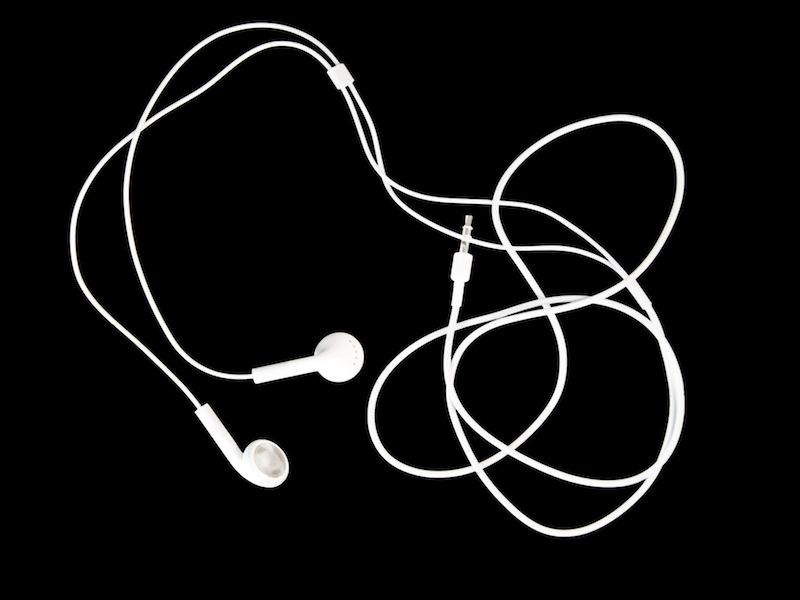
You don’t need to feel like your by yourself if you haven’t had a hearing test since you were a kid. Unfortunately, we have a habit of treating hearing loss reactively instead of proactively, and a regular adult physical typically doesn’t include a hearing test. The majority of people ignore hearing loss, even when they are aware of it, for as many as seven years which can severely impact your health. As a matter of fact, over time, it’s been proven that your general health expense will go up if you have untreated hearing loss.
The good news, hearing tests are simple, painless, and provide a wide range of information for our experts to help you, both for diagnosing hearing problems and assessing whether interventions like hearing aids are working. A full audiometry test is more involved than what you might remember from childhood and you won’t get a lollipop or a sticker when it’s finished but you’ll gain a much clearer understanding of your hearing.
While you might not give the state of hearing as much thought as you do the health of your eyes or your teeth, it is important that you routinely have your hearing examined. It can be a considerable time before you notice that there is something wrong with your hearing. Loss of hearing often occurs gradually, and the earlier you recognize a problem with your hearing, the sooner you might be able to deal with it.
How do You Know When to Get Examined?
Usually the hospital will screen babies for hearing loss before they send them home. The American Academy of Pediatrics advises that children have formal hearing exams when they are 4, 5, 6, 8 and 10 years old and that teenagers should have hearing exams during wellness appointments with their physicians.
It’s suggested that if you are in between the ages of 18 and 49, you have your hearing examined every five years and then, as you age, more often. After you turn 60 you should be tested every two years and if you are between 46 and 60 every three years. But you might need to get checked more often. The regularity with which you should get tested will really depend on your specific circumstances. You should get your hearing examined immediately if you find that it isn’t as good as it once was. Untreated loss of hearing has been linked to cognitive decline, depression and a greater risk of falls and other health problems. Your ability to work efficiently and your relationships can also be affected.
And you need to have a hearing exam, in some circumstances, as soon as you can if you have hearing loss that is getting worse quickly. The following situations indicate that you need to get a hearing test immediately:
- There is earwax buildup or you had an ear infection
- Pinpointing where sounds are coming from is difficult
- You are experiencing vertigo
- Conversations are difficult to hear when you are in a crowded area especially
- You are experiencing a constant ringing in your ears
- You find yourself having to constantly ask people to repeat themselves
Whether you are at risk of hearing loss is another consideration. As an example, if hearing loss runs in your family or you are exposed to loud noises regularly you should have your hearing checked more frequently.
There are also over 200 ototoxic medications. These medications can be very harmful for your hearing and they range from certain antibiotics to aspirin. In order to make certain none of your medications are affecting your ears, check with your doctor. If you need to take a medication that you know is ototoxic, consider getting more regular hearing testing so you can address any hearing loss immediately.
Also, take into consideration how your habits could be impacting your hearing loss. Are you using earbuds a lot? There’s been a noticeable rise in younger people with hearing loss, which many experts connect to the increased use of earbuds and other headsets. Loud concerts, shows, or machinery can also do significant damage to your hearing. If you think that it’s time for you to have your hearing checked, schedule an appointment today.